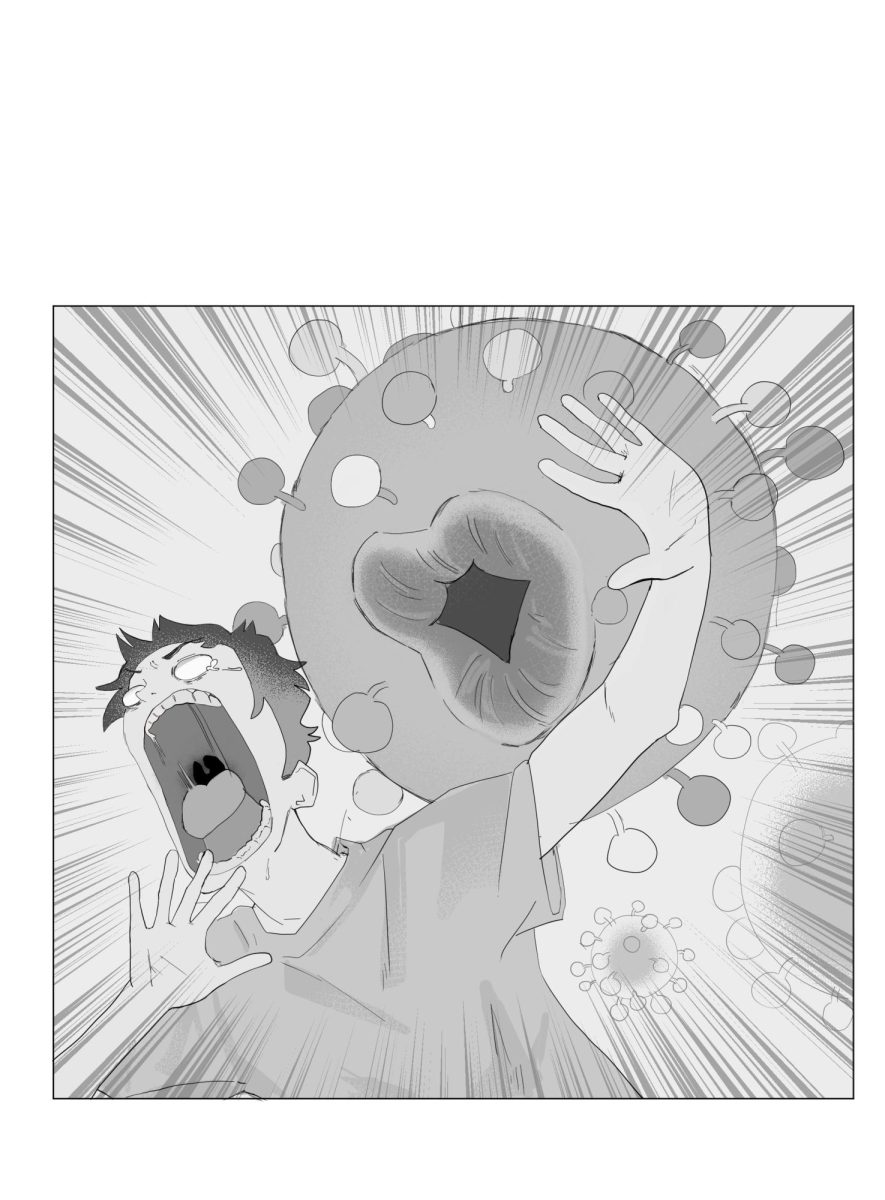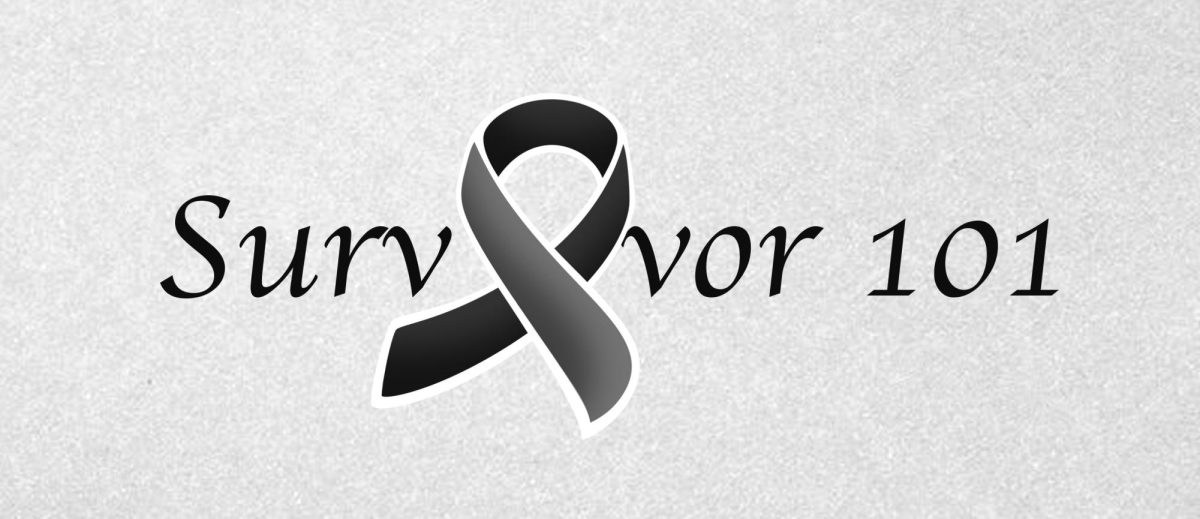This spring 2022 semester, Title IX and the Counseling Center at North Lake created a series of online workshops to help spread awareness of domestic violence and create a safe place for survivors to come together and learn ways to heal.
In one workshop called Survivor 101: Self Care, speakers spoke about why it is important for survivors to understand their neurological impact and to create their own self care plan.
Dalia Blell, licensed clinical social worker, said, “The Neurobiology Impact of trauma is important to understand because it helps break down common misconceptions and victimblaming about gender-based violence.”
This helps survivors to understand that their brain and body did work to protect them survive.
One author and MD, Bessel Van der Kolk, that they spoke about said: “Trauma is not the story of something that happened back then. It’s the current imprint of that
pain, horror and fear living inside people.”
Blell said The National Institute for the Clinical Application of Behavioral Medicine said, the prefrontal cortex, responsible for rational thinking and remembering
important information goes offline when a person is experiencing extreme fear.
The brain stem is critical in fast, defensive responses, its directly connected to the retina. Then the retina sends visual information to the brain stem immediately, before higher levels of the brain are even aware of the threat.
If the threat gets closer, the periaqueductal gray initiates a fight or flight response.
The periaqueductal gray activates the sympathetic nervous system. Heart rate goes up, blood flows to muscles, blood pressure increases, pupils dilate.
But it is not always safe or possible to fight or escape. A person may enter the freeze response or feigned death.
“Our neurobiology is constantly scanning the environment, via our nervous system and we have automatic, involuntary bodily responses to what’s happening. That is why it is important to have
a self-care plan in place for yourself,” Blell said.
A self-care plan can help prevent undue stress and emotional overload. Grenalda Spears, licensed counselor at North Lake, said, “Some people find it helpful to write their self-care plan down in order to hold themselves accountable.”
There are four types of self-care plans, physical selfcare, emotional self-care, spiritual self-care and mental health self-care.
For the physical self-care plan you can eat healthier, drink more water, walk for at least 15-minutes a day and do meditated yoga.
Blell said; “Students can go to the garden by the lake and meditate. Inhale through your nose and exhale through your mouth. Sighing while exhaling is even better.”
Emotional self-care can be journaling, a support system, creating boundaries to set limits with people who are not able to listen to you or want to dismiss or analyze your experience or leave you
feeling depressed.
“Some people find that spiritual self-care is essential to their healing,” Spears said.
“This can include meditation, spending time in nature or prayer. This is an activity
we engage in to find and nurture a sense of connection to a higher power.”
The mental health selfcare plan is important according to Blell. “Professional mental health services are necessary for your health and well being,” she said.
According to a study by Journal of Aggression participants who perceived university-affiliated survivor resources as helpful had significantly better mental health outcomes than women who perceived resources as unhelpful.
The most often used resources were mental health counseling and university health centers. Out of those the most helpful resources were survivor advocates, peer counseling and peer support groups and according to Blell, North Lake offers all of those resources.
“Here at North Lake we can help create a mental health self-care plan and offer cost-free, confidential, short-term, brief therapy, solution focused in person or virtual sessions,” said Blell.
The counseling center is located in A-311 and is open Monday-Thursday from 8 a.m. to 10 p.m. and Fridays from 8 a.m. to 5 p.m.
















